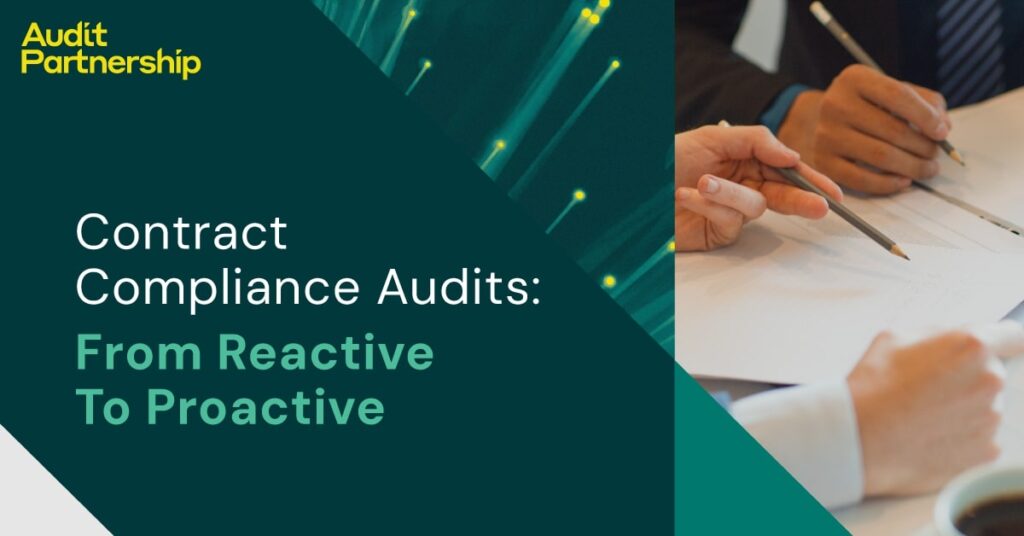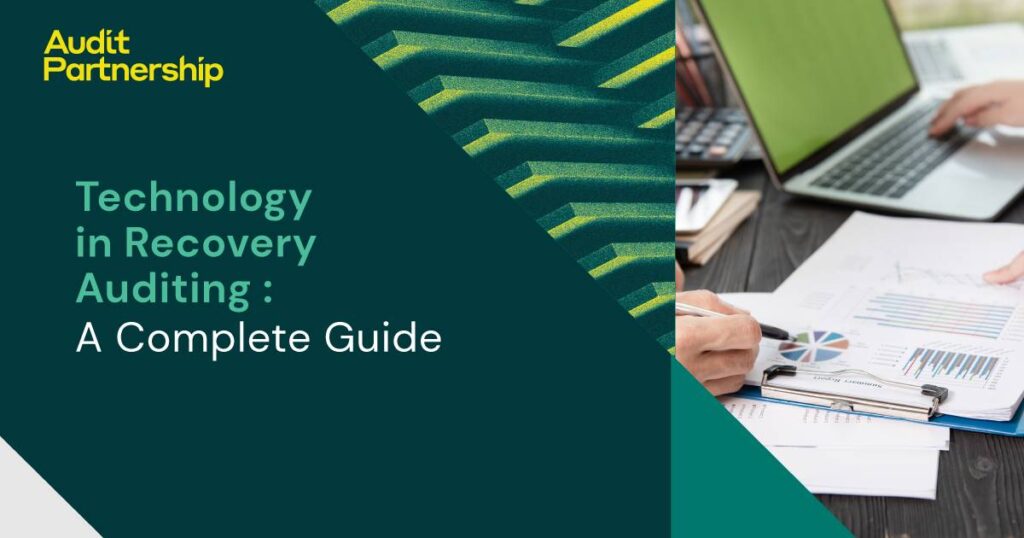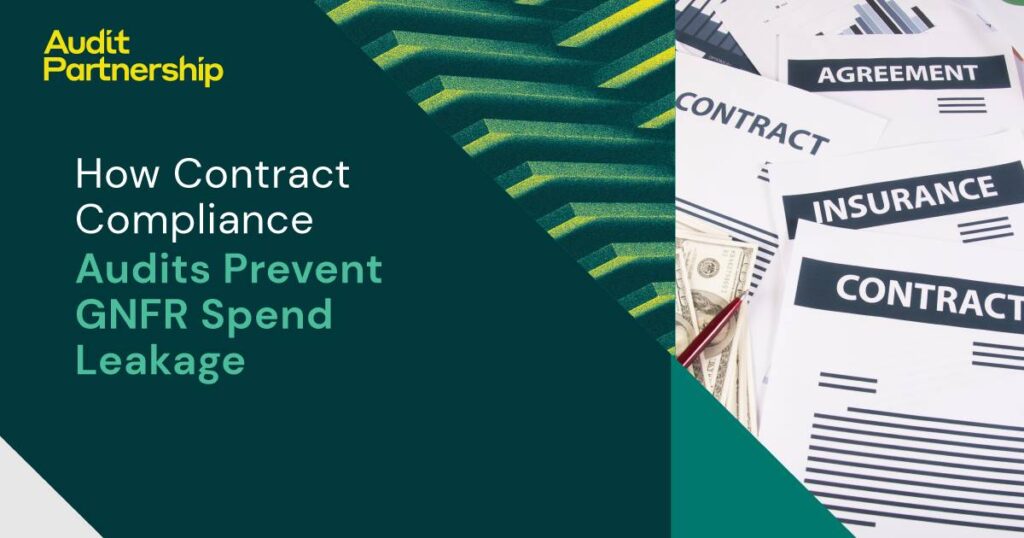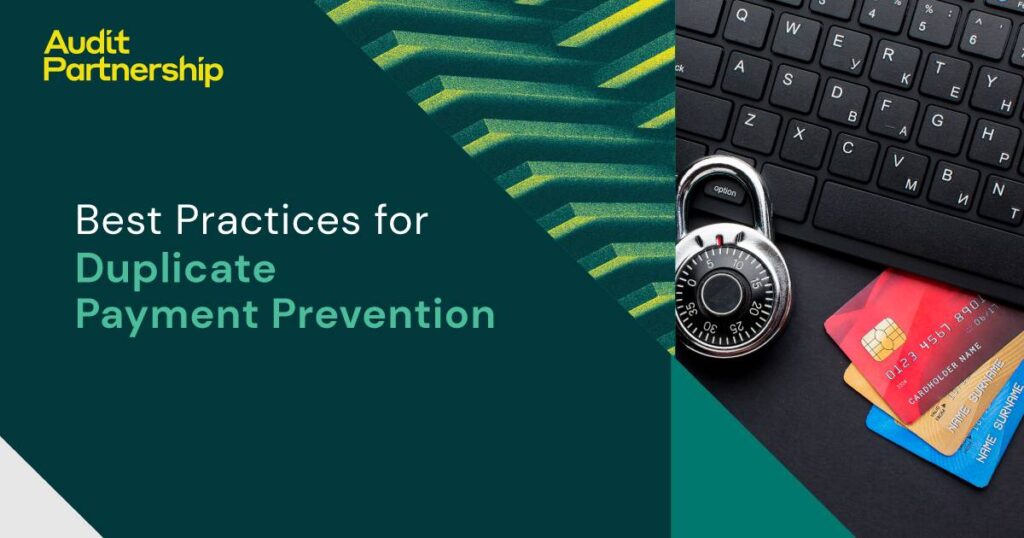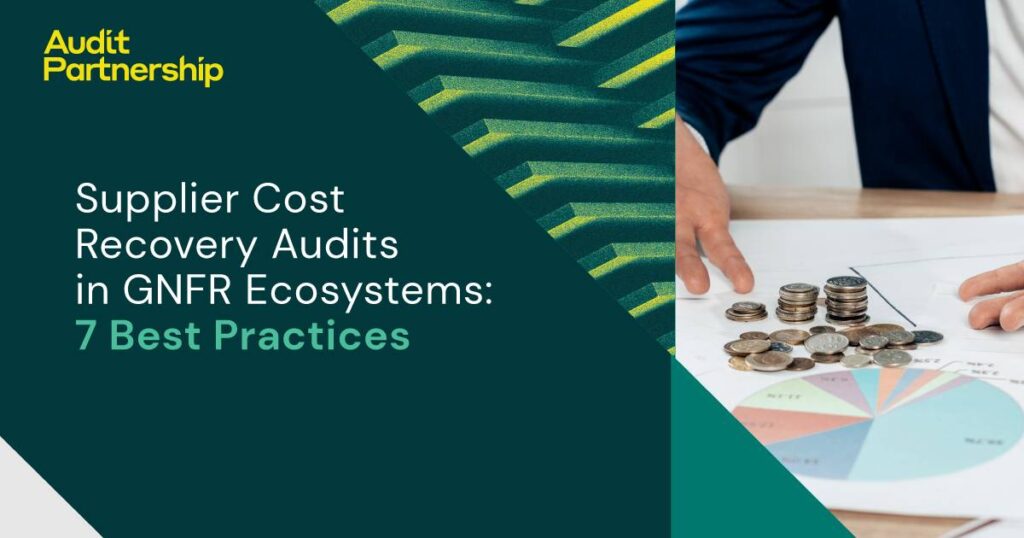Contract compliance audits are vital for organisations that protect their financial interests and optimise supplier relationships. Transitioning from a reactive outlook and managing compliance issues only as they arise to a proactive approach can significantly enhance the effectiveness of these audits.
This blog details the importance of contract compliance audits and proactive strategies to help businesses maintain consistent compliance.
Key Features
- Understanding the purpose and importance of contract compliance.
- Identifying proactive strategies to improve compliance.
- Analyse the benefits of partnering with specialised audit firms.
What is contract compliance?
Contract compliance refers to the process of ensuring that all parties involved in a contract, document their duties as mentioned in the agreement. This includes commitment to pricing, delivery schedules, quality standards, and legal or regulatory requirements. Regular commercial compliance audits can help identify disparities, reduce risks, and recover lost revenue while promoting strong supplier relationships.
Explore in Detail on "What is contract compliance"
4 Ways to Proactively Maintain Contract Compliance
1. Establish a Complete Contract Management Process
Implementing a strong contract management process is fundamental to maintaining compliance. This includes:
- Standardising Contract Templates: Create a new format that reflects best practices and includes clear terms and conditions to minimise future complexity.
- Centralised Document Storage: Maintain a central repository for all contracts and deals, which will make it easier to track debts and access required documents.
- Workflow Automation: Automate contract approval workflows to ensure timely reviews and reduce delays that could lead to compliance issues.
2. Leverage Data Analytics
Data analytics can play a crucial role in enhancing contract compliance.
- Performance Metrics: Utilise data analytics to monitor key performance indicators (KPIs) related to contract execution, such as delivery timelines and service levels.
- Trend Identification: Analyse recorded compliance data to identify frequent issues and trends, allowing for targeted identities alone.
- Predictive Analytics: Implement predictive modelling to predict potential compliance problems based on recorded data and take corrective action before issues arise.
3. Implement Continuous Monitoring
Proactive monitoring is vital in achieving long-term compliance.
- Regular Compliance Checks: Design periodic audits to review contract compliance actively. This helps identify disparities early on and enables timely corrective measures.
- Supplier Performance Reviews: Consistently estimate supplier performance against contract terms. Specify penalties or incentives to encourage compliance.
- Utilise Technology: Use compliance monitoring tools that offer real-time insights into contract obligations, alerts for deviations, and alerts when key contract milestones are approaching.
4. Foster a Culture of Compliance
Building a culture of compliance within your organisation can significantly impact your contract management effectiveness.
- Training and Awareness: Conduct regular training sessions for employees on the importance of contract compliance and their specific responsibilities.
- Leadership Support: Ensure senior leadership highlights compliance as a necessary business objective, planning, strategy innovation, and transparency towards finance status, setting the manner for the entire organisation.
- Open Communication: Encourage open strings of communication regarding compliance-related issues, making it easier for employees to report concerns without fear of impact.
Access Contract Compliance & Recovery Audit Services with Audit Partnership
At Audit Partnership, we prioritise strong client-supplier relationships while identifying opportunities within contracts to streamline profit recovery and enhance processes that deliver future cost savings. We use an application like Alliance that can help us with this.
Our industry-leading methodology focuses on complete cause analysis, enabling us to maximise benefits while minimising disruptions to supplier relationships. Our team of experienced auditors, supported by advanced and secure digital technology, clearly examines your contracts to uncover areas for improvement and added value.
We collaborate closely with you to implement practical solutions that promote long-term gains and improve the overall health of your business. Partnering with specialists like Audit Partnership can provide invaluable support for organisations looking to enhance their contract compliance processes.
Final Thoughts
Transitioning from reactive to proactive in contract compliance audits is essential for long-term success. By setting complete management processes, leveraging data analytics, implementing continuous monitoring, and fostering a culture of compliance, organisations can significantly reduce their risk of non-compliance and enhance operational efficiency. As you look to improve your compliance framework, consider leveraging expert services to support your efforts.
Frequently Asked Questions (FAQs) – Contract Compliance Audits
1. What is the difference between a reactive and proactive compliance audit?
A reactive compliance audit typically handles the issues and complexity after they have occurred, while a proactive audit aims to prevent potential compliance issues by continuously monitoring contracts and supplier performance.
2. Why are commercial compliance audits necessary?
Commercial compliance audits help ensure that contracts are attached, which protects against financial loss, builds strong supplier relationships, and enhances operational efficiency.
3. What results can I expect from working with Audit Partnership?
Organisations can expect increased profitability through effective profit recovery, enhanced supplier relationships, well-maintained processes and long-term strategies for sustainable growth.
4. Can technology help enhance compliance processes?
Yes, technology like Capture can streamline contract management, automate monitoring processes, and provide analytics tools that enhance visibility into compliance performance.
5. How can I start improving my organisation’s contract compliance?
To begin by reviewing current contract management processes, identifying gaps, investing in training and, if needed, partnering with an audit firm like Audit Partnership to provide specialised expertise and support.

